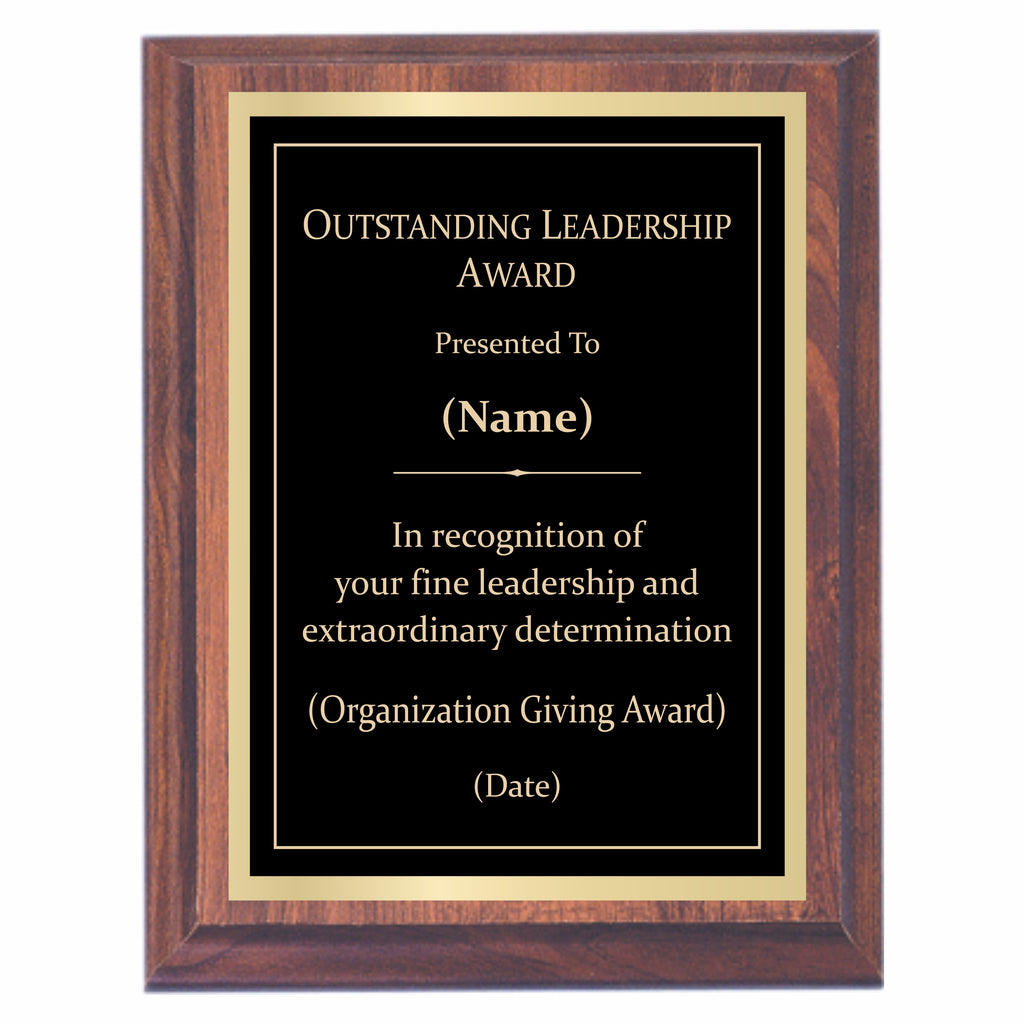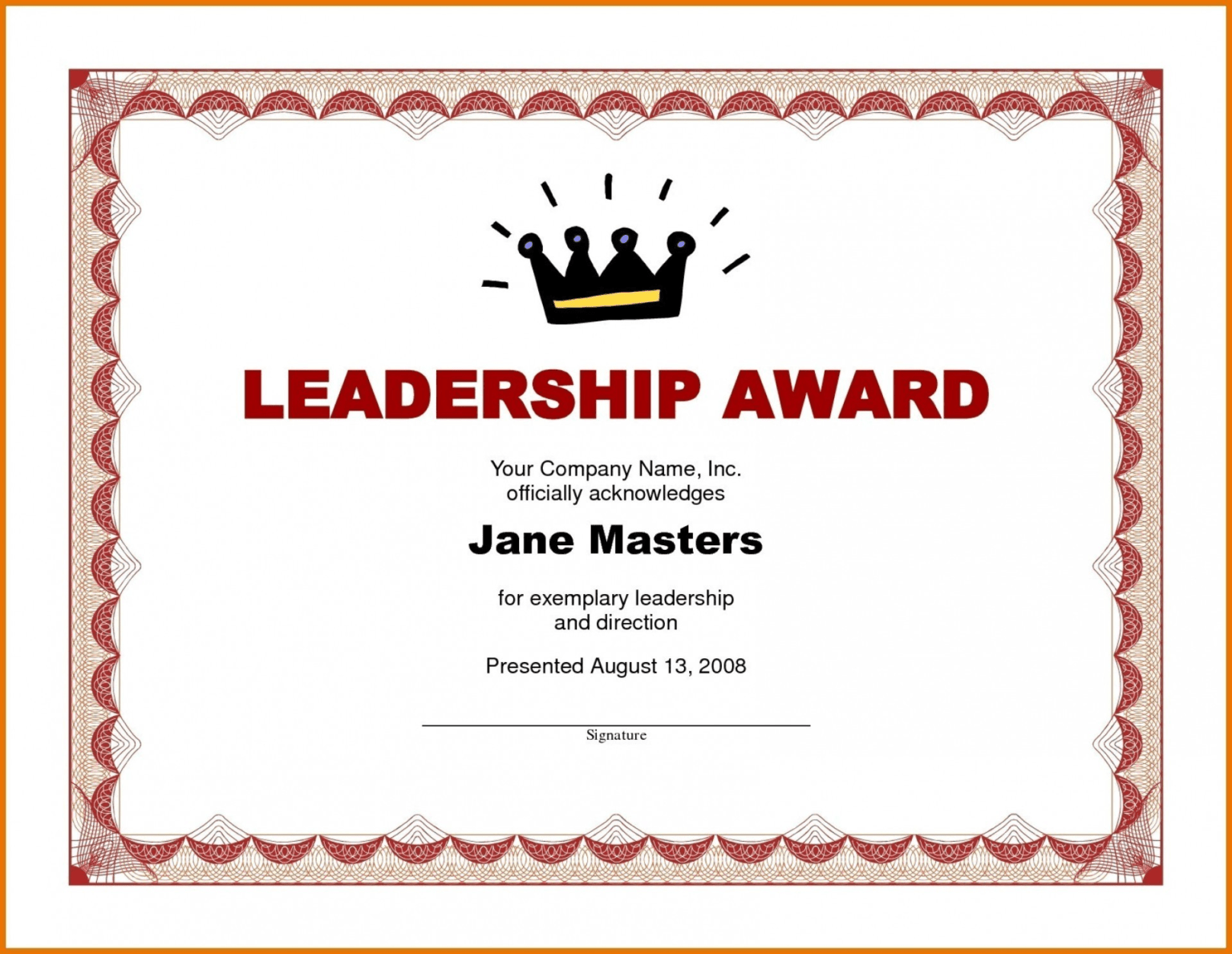


These new initiatives join groups like committees of students, staff and faculty that advise the chancellor on issues including Jewish student life, Muslim and Palestinian student life and physical accessibility to campus spaces for persons with disabilities. Over the past few years, we have launched campus initiatives to spur and support the change we want to see through efforts including the African American Initiative (AAI), the Undergraduate Student Diversity Project, the Graduate Diversity Task Force, the Anti-Racist Campus Steering Committee, and, most recently, the Hispanic Serving Institution (HSI) Initiative. It is the responsibility of every division, school, college, department, unit and office and it requires commitment and action from every student, faculty and staff member. The work of DEIBJ is not the responsibility of one division. We are committed to ensuring everyone - students, staff, and faculty - can feel safe, supported, and engaged. We are committed to creating a learning and living environment where everyone belongs, where each person feels they can be their full, authentic selves as they sit in class, make their way across campus, and find community. We are committed to transforming the Berkeley experience. Over the break, we have been thinking about how we as a university, and a campus community can deepen our commitment to diversity, equity, inclusion, belonging and justice (DEIBJ) and what concrete steps we can take to bring about needed change. The beginning of a new year is a time of possibility.

This year’s crop of award recipients joins the ranks of a dedicated group of people and organizations that, since 1990, have collectively enhanced the lives of thousands of individuals and families and helped protect communities around the United States.We hope the first week of classes has treated you well. The criteria for the award? Achievements in combating terrorism, cyber crime, and illegal drugs, gangs, and other crimes or violence prevention/education efforts that have had a tremendous positive impact on their communities. A county school employee in Tampa who created a program for at-risk young males that is now used by the state attorney’s office as a diversion program for first-time offenders.Įvery year, FBI field offices select individuals or organizations-one per office-to receive the DCLA.Louis doctor who risked his career to help uncover massive Medicare and Medicaid fraud being perpetrated by the health care company he worked for and A former deputy fire chief from Louisville who promotes emergency preparedness among first responders and members of the public.A former NASA astronaut and successful businessman in Houston who established a foundation that invests in community-based initiatives that empower individuals, particularly minorities and the economically disadvantaged.An organization in Buffalo that provided resources and assistance to victims who came to light during an FBI human trafficking investigation.An Arkansas woman who became a tireless advocate for the elderly after members of her family experienced nursing home abuse.Here are a few more examples of the individuals and organizations selected to receive the DCLA: We present each of these awards publicly-first at the local FBI field office and then at a national ceremony in Washington-with the hopes that others will hear the stories of the recipients and be inspired to create change in their own communities, working to keep their neighborhoods safer. This year’s recipients show how ordinary citizens can make such a big difference in the lives of others, from the New Mexico Anti-Defamation League regional director who combats prejudice and discrimination…to the mosque board member in Cincinnati who educates law enforcement and community leaders about the Muslim faith…from the New Jersey child advocate dedicated to protecting kids from online sexual predators…to the Seattle television anchor whose news program highlights and helps apprehend dangerous fugitives.Īnd those who benefit from their involvement also represent a broad spectrum of the community, including the young, the elderly, the disabled, women and girls, refugees and legal immigrants, crime victims, minority groups, law enforcement, and the general public. They embody the true meaning of citizenship.” And, according to Director Robert Mueller, the recipients share “a willingness to lead and a commitment to improve the lives of their neighbors. And they serve a variety of constituencies.īut the 50-plus individuals who gathered at FBI Headquarters in Washington, D.C., today for a special ceremony have one thing in common: they are all recipients of the 2010 Director’s Community Leadership Award (DCLA) for their selfless actions within their communities. They come from different parts of the country.


 0 kommentar(er)
0 kommentar(er)
